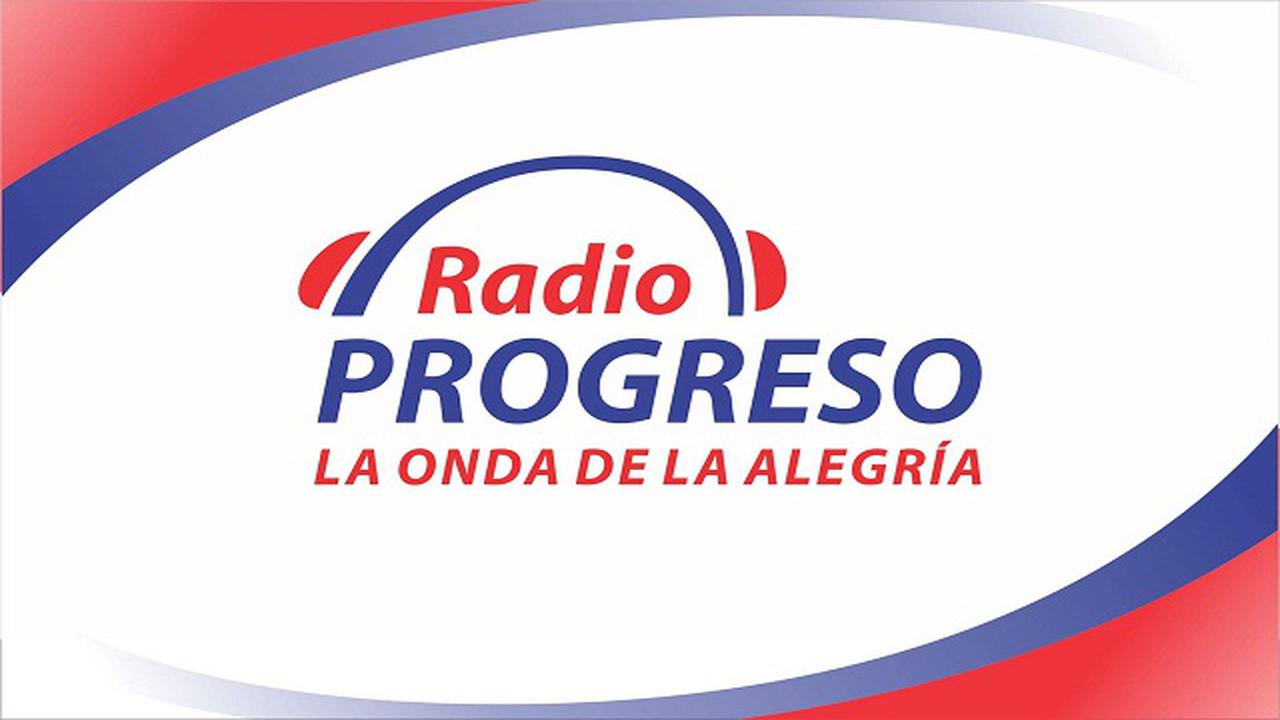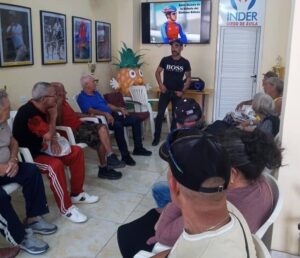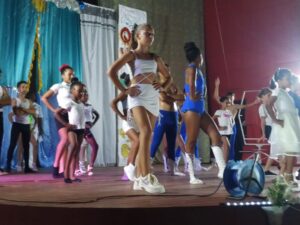The renowned radio station has won a place in the hearts of the people.
«Man is nothing in himself, and what he is, his people put in him. In vain does nature grant some of her children privileged qualities; for they will be dust and scourge if they do not become the flesh of her people, whereas, if they go with him, and serve him as his arm and voice, they will be elevated by him, like the flowers on the top of a mountain».
This Marti’s reasoning fits a whole mountain in the radio family, a radio station whose children have made it flourish for no less than 95 years. No matter how much sense of belonging one may have for this heritage institution of Cuban culture, it is the listeners who speak for one by preserving, in the depths of the soul, the names of emblematic radio programmes and their protagonists. Who would dare to deny that the whole country came to a standstill to listen to the humorous sketch of Alegrías de sobremesa, written by Alberto Luberta? Or try to minimise the impact that the Nocturno programme had for decades with the unmistakable voice of announcer Juan Ramón González Ramos? At the same time, few hosts have achieved as much prestige in their performance to promote our music as Eduardo Rosillo did on Radio Progreso’s Discoteca.
But if we are talking about foreign music, Jorge Gómez, with his programme Perspectiva, deserves the credit for having played for the first time in the late 70s, songs by Pink Floyd, Vangelis or Ravi Shankar, an unprecedented fact in our sound environment at that time.
Another of those essential names that make Progreso great is that of Julio Batista, whose humanist legacy deeply touched the regular listeners of his programmes Este es nuestro José Martí and Punto de vista. And the other powerful bastion of our old radio station is its dramatised programmes such as La novela de las dos, La gran aventura de la humanidad or La novela cubana, in which highly professional directors such as Gilberto Enríquez, Moraima Osa, Abelardo Rodríguez and Caridad Martínez recreated novels to fully capture the listener’s attention, as in the case of Regreso a las cumbres, an original by Joaquín Cuartas, under the direction of Caridad Martínez.
Finally, our greatest respect and admiration goes to the Juventud 2000 collective, an informative-musical programme that has broken all audience records in the mornings. If for years it was marked by Marta Verónica Marcer’s stellar leadership, now it is the refreshing voice of Arletty Roque Fuentes who, with the dedication of Juan Carlos García del Vallín as director, confirms to us that working for Radio Progreso is received as the gift of life. (Author: Guille Vilar)




